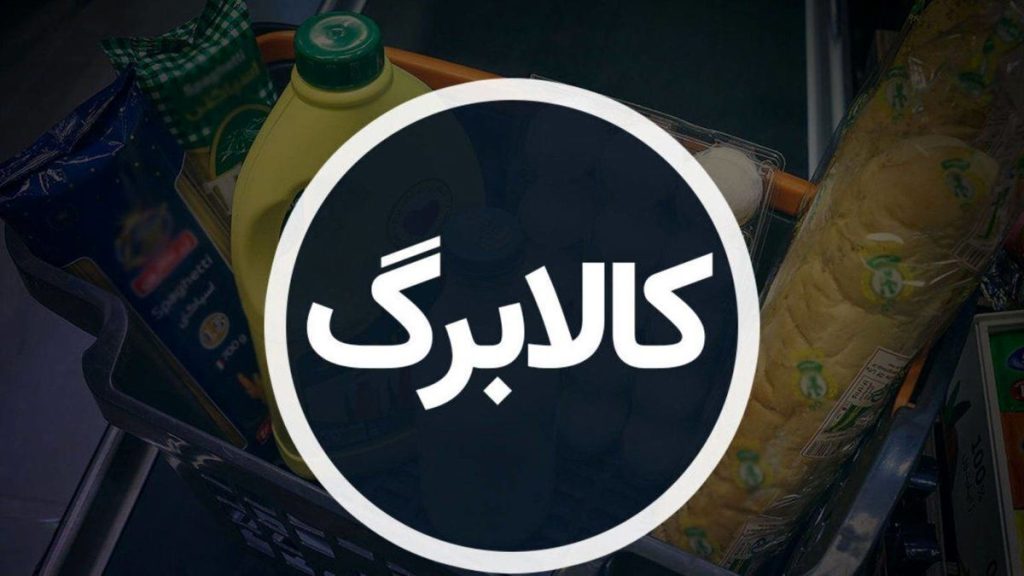
Fourth Phase of Electronic Voucher Scheme Launched: Key Details and Funding Sources
Government Expands Essential Goods Support for Iranian Households
In response to ongoing economic pressures and the need to support citizens, the government has officially announced the implementation of the fourth phase of its electronic voucher (Kalaberg) scheme. This initiative is a central component of the country’s social welfare policy, designed to directly assist low and middle-income families with the cost of essential goods.
The program, which has already provided millions of households with the means to purchase eleven essential items in its previous three phases, continues to be a critical form of subsistence support. Officials confirm that the scheme will proceed with new funding sources identified by the government to ensure its sustainability.
How is the Fourth Phase Being Funded?
A primary focus of the voucher program has always been the question of financial resource allocation, with each phase costing approximately 25 thousand billion tomans. The government has outlined two key sources to fund this latest phase:
Reallocation of Subsidies: As previously communicated, the cash subsidies for the eighth to tenth income deciles (higher-income groups) have been redirected to finance the continuation of the voucher scheme for lower-income families.
New Vehicle Import Duty: A recently introduced source involves duties collected from the import of vehicles by Iranians living abroad. A revised import regulation allows expatriates to bring their personal vehicles into the country, with the revenue from the associated duties being directly channeled into the voucher program’s fund.
This combination of reallocated subsidies and new import revenues forms the financial backbone for the fourth phase of this widespread support program.
Payment Schedule and Allocation Amounts
The Minister of Cooperation, Labour, and Social Welfare has indicated that future voucher distributions may occur on a periodic, quarterly basis. If this schedule is adopted, the next payment is anticipated for Mehr 1404 (late September/October 2025).
The allocation amounts for the fourth phase will mirror those of previous distributions:
- First to third income deciles: 500,000 tomans per family member.
- Fourth to seventh income deciles: 350,000 tomans per family member.
This structured approach ensures that support is prioritized for those households with the greatest need, reaffirming the government’s commitment to social justice and economic stability.
